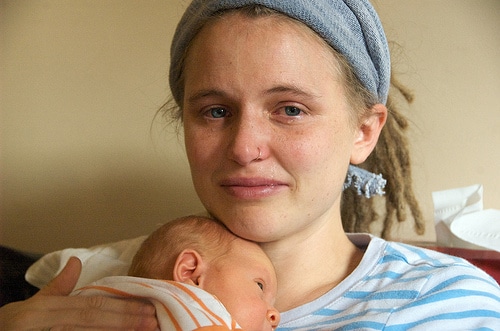Do you thing you might be experiencing depressive symptoms or anxiety but you are afraid of talking to someone about it, you are in good company. This is common yet the consequences are huge.
Why am I resistant to getting help for my Depression?
It may be because:
- You are not ready to face the possibility that you may have clinical depression or anxiety
- You don’t like the thought of taking medication and you feel that somehow it’s the only treatment your GP will offer
- You are used to putting your family’s needs first and your own needs get neglected. Sometimes this is because of the expectations we place on ourselves as a mother, sometimes in response to what we feel society’s expectations are of us
- You are worried about increasing your current dose of medication or trialing a new one because of the potential side effects and the depressive symptoms that go on till you find the right medication/dose (you can read more about medication here)
Other reasons:
- Feeling overwhelmed at facing difficult thoughts or emotions
- Concerned about the stigma around mental illness
- Wanting to keep up the image of a “mother that has it all together” or one that is “successful, functioning, independent or high-achieving” or a belief that “good mothers cope and don’t ask for help”
The Results of Resistance
The longer you experience untreated or poorly managed depression or anxiety, the greater the impact it has on you, your partner, your child, your wider family and the quality of all your relationships. You can read more about the consequences of untreated/poorly treated Postnatal Depression here.
There is still a stigma around mental illness, but the more society talks about it, the more that stigma reduces. There is also a lot of pressure on mothers – their own pressure as well as pressure from society – to keep up the appearance of having it all together and a lot of distress for mothers who feel that they are not coping, and feeling a failure as a mother. But we want you to know that you are not alone. Around 11,000 women experience Perinatal Depression or Anxiety every year in New Zealand. Every mother needs support to raise a child – it was never meant to be a one-person job or even a two-person job, and Mothers Helpers would like to support you.
There is no doubt about it, getting help for perinatal depression or anxiety takes enormous courage – but it’s important that you do it and don’t leave it any longer.

